Coronavirus in Scotland: Calls for more support for autistic pupils
- Published
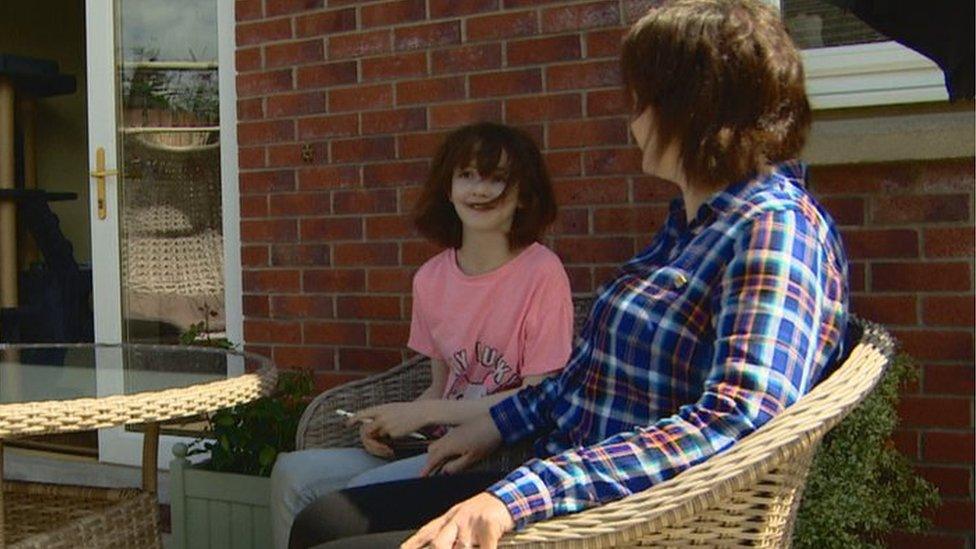
Emma said she is "definitely going to get lost" when she starts high school in August
For Suzanne MacLeod's children who are autistic, Callum, 15, and Emma, 12, the return to school in August is a daunting prospect.
And while Ms MacLeod is concerned for them both, their own individual needs for settling back into school life are very different.
She has backed calls from the National Autistic Society Scotland , externalfor schools and the Scottish government to provide Scotland's 6,500 school-age autistic children with personalised transition plans.
The charity says parents of children with autism are concerned about how the lockdown has affected their children's routines and about how many will cope with the return to full-time education. Most autistic children go to mainstream schools.
Ms MacLeod, from Dunfermline in Fife, said: "It's going to be a very bumpy period. I'm anticipating problems even with the support that I've had. It's going to be a difficult couple of months."
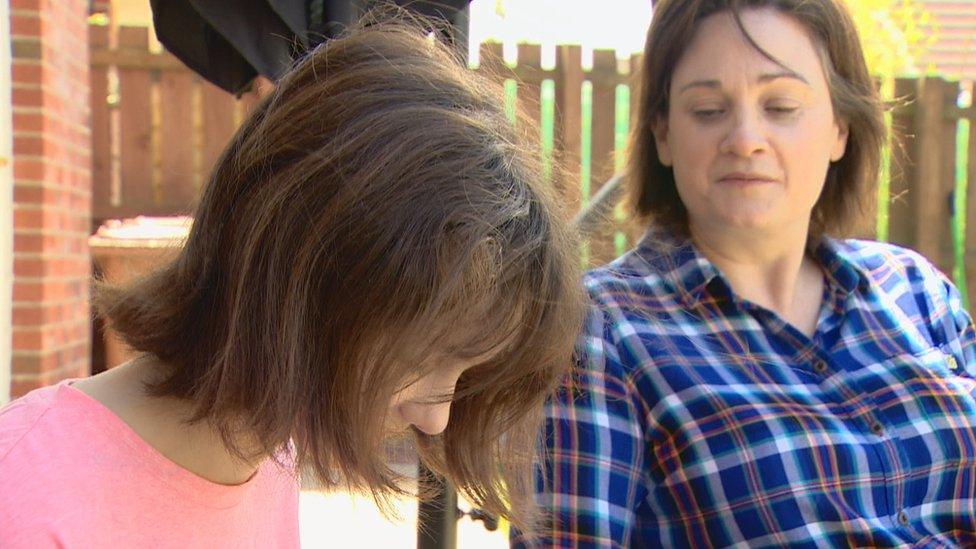
Emma said that she was worried about how big a change it was moving from primary to secondary
She said her two children were "very different" when it came to what they needed to have a smooth return to school.
Callum, who is already in high school, is on the lower end of the autistic spectrum and has a learning disability.
Ms MacLeod said he had a lot educational needs and had input from several specialist teams.
She said the teenager had a compulsion to touch people, which meant that during lockdown he was unable to go for daily walks due to the strict rules on physical distancing.
Ms MacLeod said this was a worry for her as her son returned to school in August.
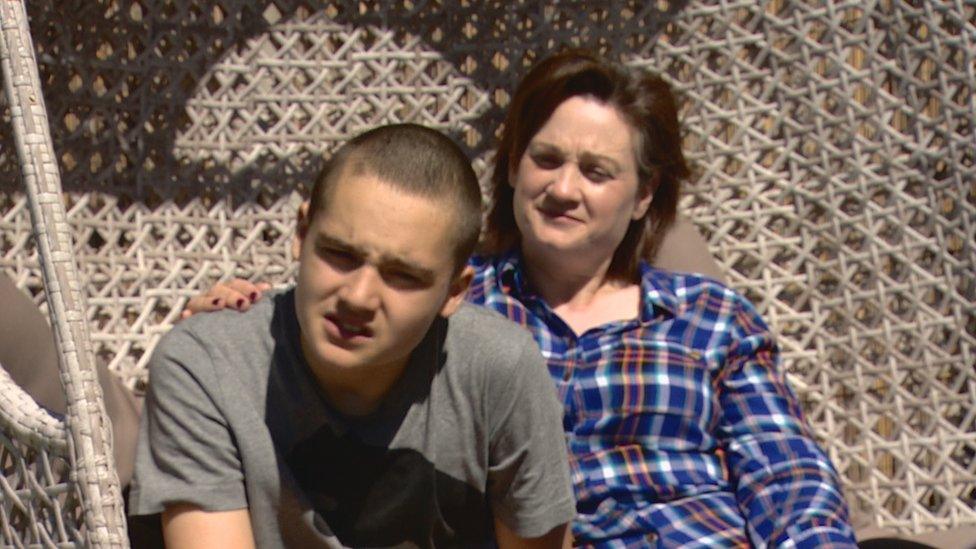
Callum said he wanted to be a bus driver when he grows up
Her daughter Emma is an "autism masker" which means that distress or discomfort in social situations may not be immediately apparent, but this anxiety surfaces when Emma comes home.
Ms MacLeod said she was worried about how Emma would cope moving from primary into secondary as she "tends to get less support than Callum".
"My daughter is extremely high-functioning with autism to the point where you can't really tell, she just comes across as being quite quiet and shy and it's not until you live with her that you can tell it's something more," she said.
"She needs to have it all mapped out in her mind exactly what is going to happen in the school day and because of the situation, we haven't been able to do that. I'm really, really anxious about how she's going to cope."
'Tiny little changes'
Ms MacLeod worries that children with autism will fall behind if they do not have individual, personalised support. She said many parents might not know who to contact, how to ask, or even what to ask for, in terms in support.
She said that safe spaces in schools, members of staff children could reach out to when they were feeling overwhelmed and visual aids were the minimum that an autistic child needed to settle back into school life.
"It doesn't take a lot of time to introduce them to somebody virtually online before they go back to school," Ms MacLeod.
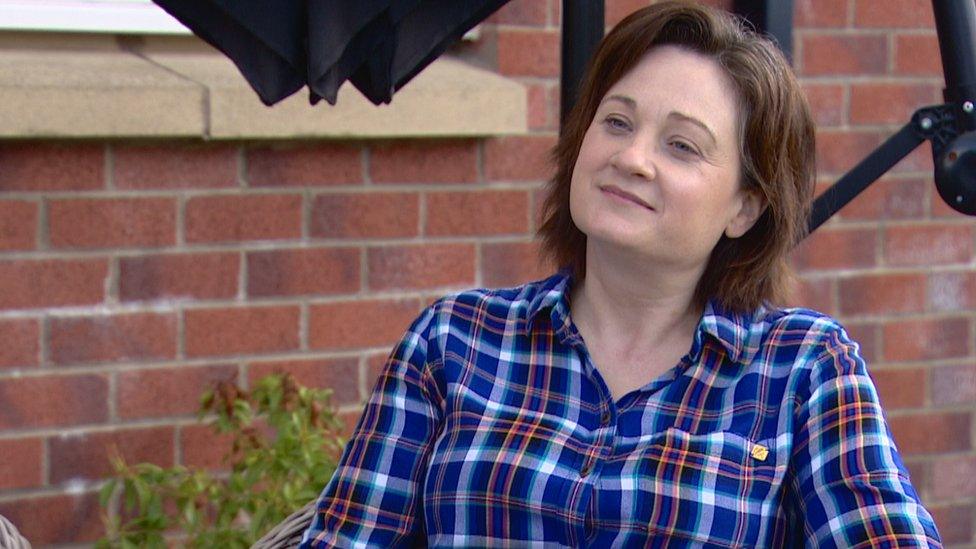
Suzanne MacLeod understands the different needs every child with autism has
"It doesn't take any time or money to find a safe space where this child can go to.
"They are all just tiny little changes that would only take, in some cases, minutes to implement and would make a massive difference."
'Best possible transition for every child'
For Nick Ward, director of National Autistic Society Scotland, the tailored transition plan is so "every autistic kid gets the best possible transition back into school".
He said: "It looks like a teacher or member of staff sitting down, thinking about that individual child, their circumstances, their needs and making sure that they plan what that kid might need to go back into school smoothly.
"That might mean going back to school early, having a little more time to figure out what classroom spaces look like or might be about teaching strategies and thinking about how to engage the children."
Guidance for schools
Scotland's Deputy First Minister John Swinney has advocated for a personalised approach to transition back into school for children and young people with additional support needs.
The Scottish government's national autism implementation team has developed guidance for schools to support autistic learners.
However, the National Autistic Society said: "Despite representing good practice, we are aware that not all schools and local authorities are utilising these materials and we continue to hear from parents who have received little from their schools in terms of transition support."
The body which represents Scottish councils, Cosla, said: "Working closely with the children and families they know well, schools will take an individualised approach and adapt existing plans as necessary, depending on the child's needs."

40,000 DEATHS: Could they have been prevented?
FACE MASKS: When should you wear one?

- Published12 May 2020
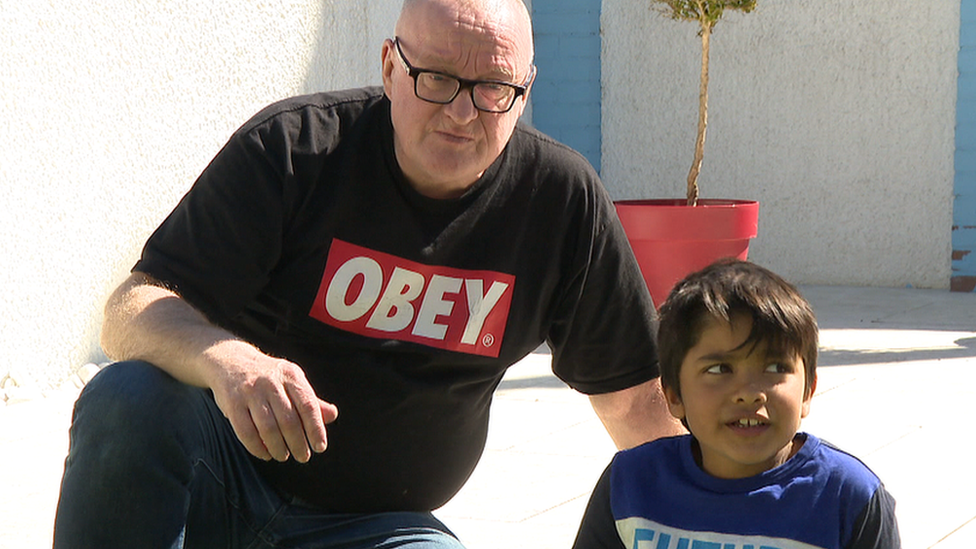
- Published31 August 2019
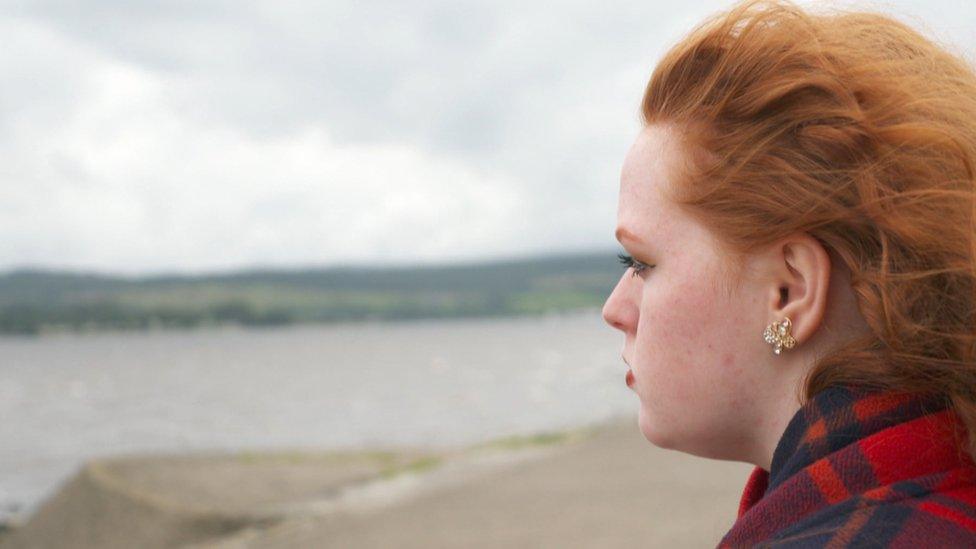
- Published12 February 2019
